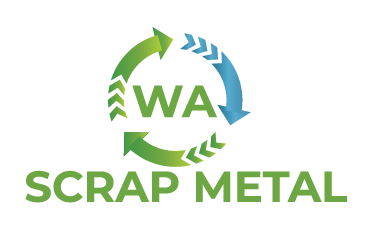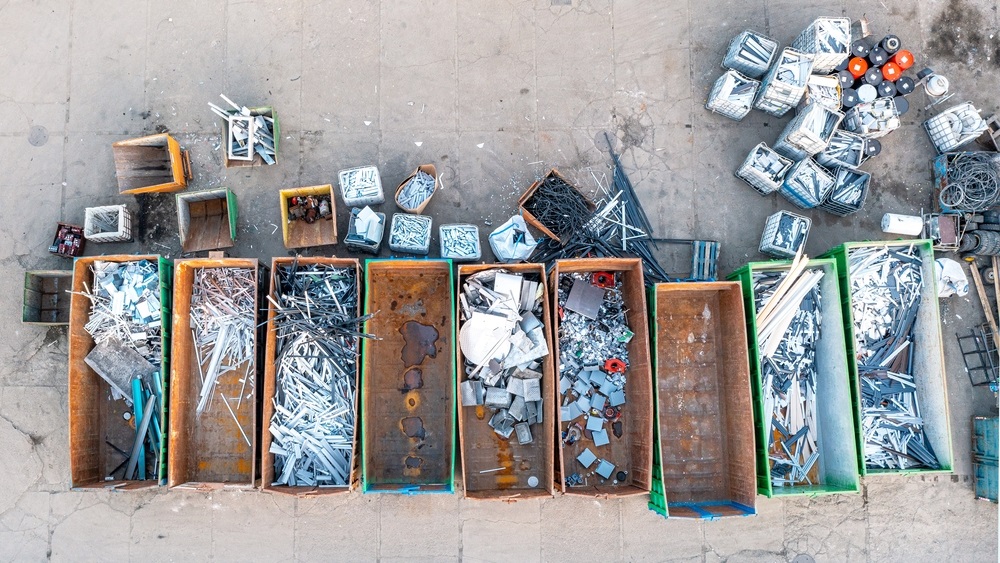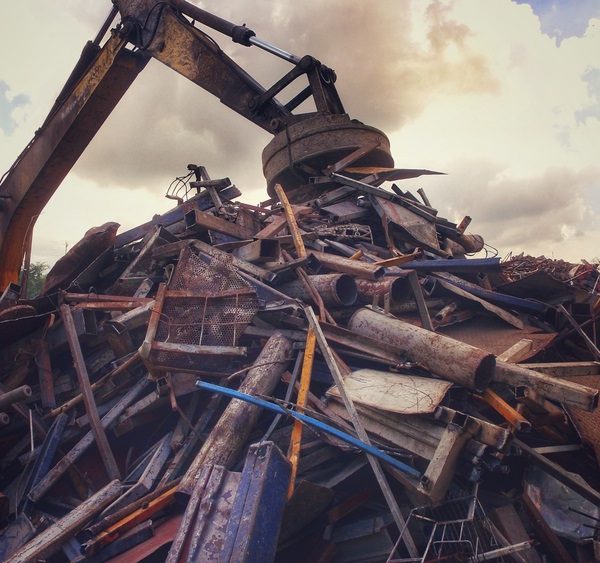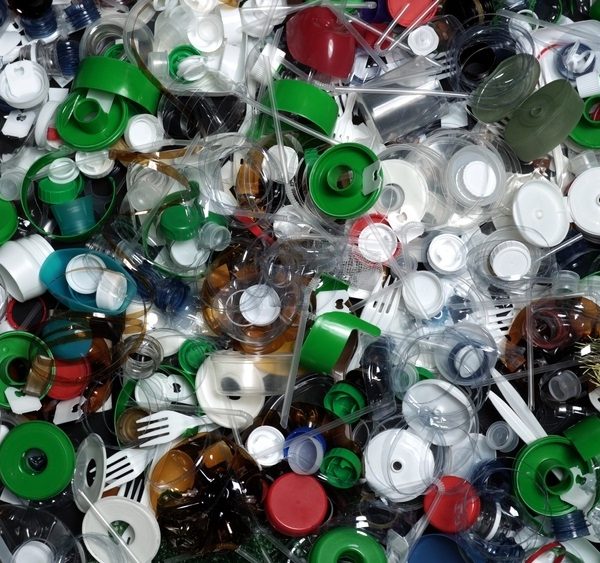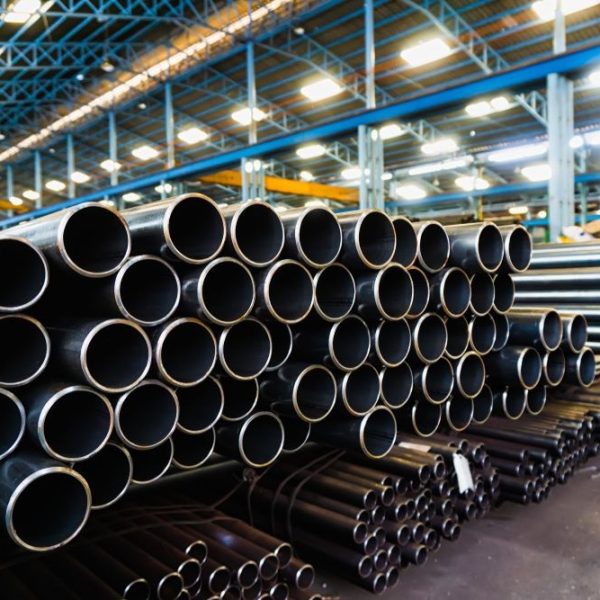Different Types Of Metal That Can Be Recycled
In order to create a sustainable future, we must understand the value and adaptability of metal recycling. We can lessen our influence on the environment, protect natural resources, and advance a circular economy by recycling metals.
Enter the field of metal recycling to find a world brimming with opportunities. This article will examine the value of recycling metals, the different types of metals that can be recycled, and where to find efficient metal recyclers.
Come along with us to discover the mysteries of recyclable and non-recyclable metals. you’ll gain a renewed understanding of how is metal recycled and its huge influence on the environment.
Why Do We Recycle Metals?
The Alchemy of Recycling
We see an astounding quantity of metals being taken out of the limited resources on our earth every year. However, there is an environmental cost that cannot be disregarded. Metal recycling is essential for protecting the resources of our world. A method that offers a sustainable alternative to reducing the negative consequences of metal extraction.
We can drastically cut down on the need for mining and extraction, by recycling metals. In addition, recycling metals uses less energy than producing new metals, which reduces carbon footprint.
We can preserve energy, lower greenhouse gas emissions, safeguard ecosystems, and lessen the need for damaging mining techniques by recycling metals. Metal recycling helps us create a future that is more environmentally friendly by bridging the gap between development and preservation.
What Can Metal Be Recycled Into?
Transforming Waste
Is metal recyclable?
Can Metal Be Recycled Into Useful Products?
The answer is Yes!
Recycling metal is a transformational process that gives used resources a new start in life. When it comes to using recycled metal, the options are unlimited. Recycling metals has allowed for their application in a wide range of fields, including industry, transportation, building, and the arts.
The adaptability of recycled metals is nothing short of amazing, whether it is copper wiring being reborn as complex sculptures or aluminium cans finding a new life as elegant aeroplane parts. Likewise, the products of recycling steel are diverse and include new steel products, such as construction materials, automotive parts, and packaging containers. By recycling metals, we promote innovation, save resources, and work towards a more sustainable future.
Where to Go for Metal Recycling?
Navigating the Metal Recycling Maze
Finding the appropriate recycling facility is crucial when it’s time to say goodbye to your metal items. The doors to a greener future are opened through recycling facilities, scrap yards, and designated collection hubs. These businesses are equipped with the knowledge and resources needed to manage the many metal kinds securely and effectively.
You can locate the nearest recycling centre via local recycling programmes, municipal waste management facilities, and online resources. You actively contribute to preserving our world for future generations by taking the extra effort to guarantee appropriate recycling.
Non-Recyclable Metals
Can you name a type of metal that cannot get a second chance at life? If you can’t, keep reading to find out.
Not all metals can be recycled easily, even though doing so opens up a world of opportunities. Some metals either have characteristics or go through processes that make recycling difficult or financially unviable.
Mercury, certain alloys, and radioactive metals are examples of non-recyclable metals that need particular handling and disposal techniques. We can better understand the problems they pose and work towards creating sustainable solutions by identifying these non-recyclable metals.
Here are a few metals that cannot be recycled:
- Mercury: Because of its toxicity, mercury needs to be handled properly and disposed of, ideally through specialised hazardous waste programmes.
- Cadmium: Just like mercury, cadmium poses threats to the environment and human health, thus appropriate disposal is essential.
- Uranium: Because it is radioactive, uranium cannot be recycled and must be disposed of using specific techniques.
- Plutonium: Plutonium is a radioactive metal that cannot be recycled and must be kept in a secure location and disposed of safely.
Recyclable Metals
What is metallic waste; and what are the different types of metals that can be recycled easily?
The circular economy is supported by the recycling sector, which is built around recyclable metals. Let’s investigate some of the most often recycled metals and learn more about their outstanding qualities.
1. Aluminium
Properties: Lightweight, corrosion-resistant, highly conductive.
Applications: Beverage Cans, car parts, construction materials, aerospace components.
Aluminium has become well-known as a recycling success story because it is a lightweight, corrosion-resistant metal. Its exceptional qualities allow for multiple recycling without losing any of its original strength or quality. When compared to primary manufacturing, recycling aluminium saves an incredible amount of energy, making it a sustainability powerhouse.
2. Steel
Properties: Strong, versatile, recyclable without loss of quality.
Applications: Buildings, vehicles, appliances, packaging.
Let’s answer the most common query of “Is steel recyclable?” Yes Steel, an essential component of the industrial sector, is naturally 100% recyclable because of its magnetic qualities. We can conserve water, cut down on carbon emissions, and eliminate the need for iron ore mining by recycling steel. This adaptable metal supports the cycle of renewal by being incorporated into a variety of goods, including buildings and vehicles.
3. Copper
Properties: Excellent conductor of electricity, corrosion-resistant.
Applications: Electrical wiring, plumbing, motors, electronic devices.
Copper has a high recycling rate and is prized for its electrical conductivity and malleability. New plumbing pipes, electrical lines, and ornamental things are all constructed with recycled copper as their base material. Recycling copper helps to preserve a precious resource and lessens the need for mining.
4. Brass
Properties: Alloy of copper and zinc, durable, corrosion-resistant.
Applications: Musical instruments, plumbing fittings, decorative objects.
A versatile copper and zinc alloy known as brass has long been praised for its beauty and toughness. Recycling brass eliminates the need for energy- and resource-intensive mining methods, offering a greener option for a range of products, from musical instruments to ornamental accents.
5. Bronze
Properties: Alloy of copper and tin, strong, resistant to wear.
Applications: Sculptures, coins, medals, bearings.
One of the first metals produced by humans was the copper-and-tin alloy known as bronze. Since bronze is an alloy used in statues, sculptures, and architectural items, recycling bronze promotes resource conservation and the preservation of cultural heritage.
Precious Types of Metals with Enduring Value
6. Silver, Gold, Zinc, Tin, & Lead
Tin, lead, zinc, gold, and other precious metals are sought after for their rarity, durability, and aesthetic appeal. When recycled, these precious metals represent eco-luxury, finding use in everything from jewellery to electronics. We can practise responsible consumerism and defend our environment from the damaging impacts of mining by recycled metal.
| Element | Properties | Applications |
| Silver | Highly conductive, malleable, lustrous | Jewellery, silverware, electrical contacts |
| Gold | Durable, malleable, tarnish-resistant | Jewellery, electronic components, dental work |
| Zinc | Corrosion-resistant, malleable, conductive | Galvanized coatings, batteries, alloys |
| Tin | Soft, malleable, corrosion-resistant | Tin cans, solder, coatings |
| Lead | Dense, corrosion-resistant, highly malleable | Batteries, radiation shielding, pipes |
Recycling | The Superpower to Renew Metals
Recycling metal is a crucial practice that lessens the environmental effect of metal extraction, helps reduce pollution, and conserves resources. Understanding the many types of metals that may be recycled will help us make wise decisions and actively work towards a more sustainable future.
Therefore, the next time you see metal scrap, keep in mind that recycling it can unleash its potential for a more enviable and promising future. Take action today with Action Metals Recyclers and help create a sustainable future!
Let us keep in mind the significant influence recycled metal can have on environment and economy, as we say goodbye to our metallic waste. Waste is transformed into opportunity, preservation, and advancement through recycling. Make a positive impact on the environment with all coast metal recycling today.
FAQs
What types of metal can be recycled?
Recyclable metals include aluminium, steel, copper, brass, bronze, silver, and gold. Metal recycling contributes to the preservation of natural resources and the reduction of waste that is dumped in landfills.
What are the 5 most common metals that can be recycled?
- Steel
- Aluminium
- Copper
- Brass
- Zinc
What kinds of metals Cannot be recycled?
Mercury, radioactive metals, contaminated cans, hazardous house items, and impure metals. It is not possible to recycle radioactive metals like uranium, plutonium, and radon since doing so might expose staff members to radiation.
What metal is 100% recyclable?
Steel: Most recycled material globally. It can be recycled into the same material of the same quality repeatedly.
Aluminium: 100% recyclable metal, that saves tons of bauxite ore, CO2 emissions, and energy when recycled.
Copper: 100% recyclable, saves 85-90% energy when recycled, retains its properties.
What is the easiest metal to recycle?
ALUMINUM. Because aluminium is so simple to process, many non-ferrous metal recycling facilities like working with it. Due to its simple recycling, 75% of all aluminium produced is still in use.
Which metal is most valuable when recycled?
COPPER. One of the most expensive forms of scrap is copper. Because copper continually provides high value, the majority of scrap buyers will purchase it at a premium price.
